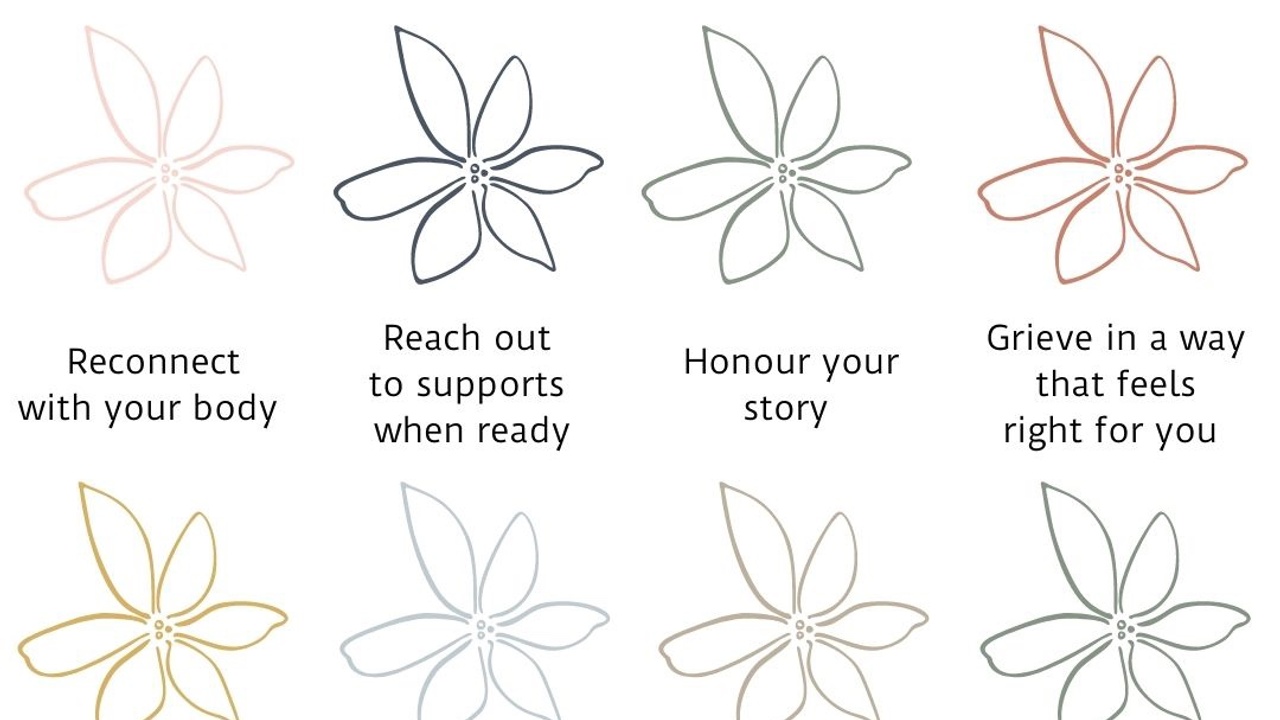Birth Trauma
Jun 15, 2021
What is Birth Trauma? How do I know I experienced it? What can I do?
These are some of the top questions we often get asked in relation to birth trauma. It can be challenging to know and to explore.
We are here to break some of this down for you today.
What is Birth Trauma?
First and foremost, I need to preface this by saying: Trauma is in the eye of the beholder.
What do we mean by that? That your experience gets to be defined by you and feels traumatic is from the view of your experience.
When we look at diagnosis of Acute Stress or Postpartum Post-Traumatic Stress Disorder (PTSD) that’s when criteria come in for a formal diagnosis but that doesn’t take away from the traumatic parts or what feels stuck for you. We wanted to make sure we talked about the distinction. So hopefully that makes sense.
Birth Trauma can be triggered by a variety of different experiences but often it is in relation to treatment, perception of safety (whether you felt your life, your partners life, or your baby’s (babies) life was in actually or perceived danger), and experience. Examples of this would be
- Medical Complication during pregnancy and birth
- Premature Birth
- NICU Stay
- Previous Trauma
- Treatment by Professionals
- Stillbirth
- Length or pain in labour
- Change in birth plan that was unexpected
- Level of medical intervention needed
- Previous Pregnancy Loss/Miscarriage
- Infertility History
How Do I Know I experienced it?
Sometimes it can take some time to know that was your experience. So if you don’t realize or unable to reflect on it right away that is ok. There is no timeframe on this.
Some signs and symptoms that we look are:
- How you describe your birth story- does anything seem painful or triggering?
- Insomnia
- Relieving Experience
- Detachment from experience, self, partner, or child
- Feeling of Grief/Loss
- Anxiety
- Depression
- Difficulty related to both emotional and physical healing
- Shame or guilt around your birth story
- Avoidance
- Hyper-Vigilance
- Impact relationships
- Impact of future family planning choices
What Can I do?
- It is important to let your medical provider or birth support team know that there are things that you may be struggling with
- Reaching out to a trained perinatal therapist or that has experiencing working with birth trauma to help process your experience
- Become aware of what things may trigger you
- Honour your story
- Find ways to reconnect with your body
- Reach out to supports as you can
Join MamaPsych Membership Now. We will take you from exhausted to empowered
Stay connected with news and updates!
Join our mailing list to receive the latest news and updates from our team.
Don't worry, your information will not be shared.
We hate SPAM. We will never sell your information, for any reason.

